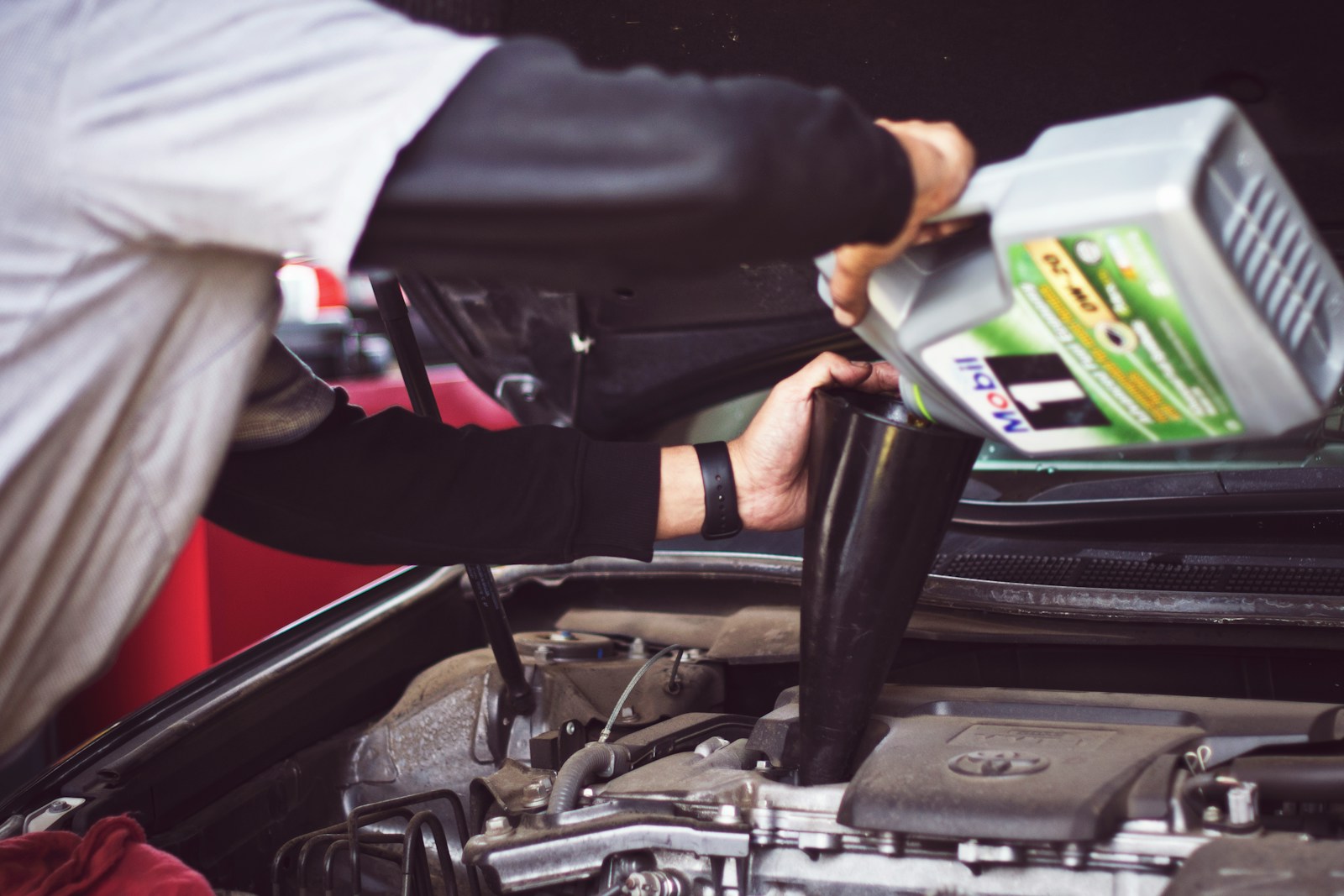We all love a good tan, but protecting your skin from the sun’s harmful rays is crucial. Skin cancer is the most common type of cancer in the United States, with one in five Americans developing it in their lifetime. The good news? It’s also one of the most preventable forms of cancer.
Sunscreen, or SPF (Sun Protection Factor), is a vital tool in reducing your risk of skin cancer and premature aging. But, unfortunately, many men are guilty of neglecting this all-important skincare step. Here are ten SPF rules men often avoid, and why you should be following them instead.

1. Applying Sunscreen Only at the Beach
Many men mistakenly believe that sunscreen is only necessary when spending a day at the beach. In reality, the sun’s harmful UV rays can damage your skin even on cloudy days, or when you’re spending time indoors near windows.
Make it a habit to use a moisturizer with SPF daily. This will protect your skin from incidental sun exposure during your day-to-day activities. Remember, skin damage accumulates over time, so even a few minutes of unprotected sun exposure can add up to significant skin damage over the years.
2. Neglecting the Ears and Neck
Your ears and neck are often overlooked when applying sunscreen, but they’re just as susceptible to sun damage and skin cancer as the rest of your body.
When applying sunscreen, don’t forget these areas. A good rule of thumb is to apply sunscreen to any skin that’s exposed to the sun. This includes your ears, neck, the back of your neck, and even your scalp if you’re bald or have thinning hair.
3. Not Reapplying Sunscreen Throughout The Day
Even the highest SPF sunscreen won’t protect your skin all day. Most sunscreens need to be reapplied every two hours, or immediately after swimming or sweating excessively.
Set a reminder on your phone to reapply sunscreen throughout the day. If you’re out and about, consider carrying a travel-sized sunscreen in your bag or car. Remember, consistent protection is key in preventing sun damage.
4. Assuming All Sunscreens Are the Same
Not all sunscreens are created equal. Some sunscreens only protect against UVB rays, which cause sunburn, while others protect against both UVA and UVB rays. UVA rays are responsible for premature skin aging and skin cancer.
Make sure your sunscreen is ‘broad spectrum’, which means it protects against both UVA and UVB rays. Also, look for a sunscreen with an SPF of 30 or higher, which blocks out 97% of the sun’s UVB rays.
5. Using Expired Sunscreen
Like all skincare products, sunscreen has an expiration date. Using expired sunscreen can result in decreased SPF protection, leaving your skin vulnerable to sun damage.
Always check the expiration date on your sunscreen before using it. If it’s expired, or if the texture or color has changed, it’s time to toss it and purchase a new one.
6. Skipping Sunscreen on Cool or Cloudy Days
Don’t be fooled by the weather. Up to 80% of the sun’s harmful UV rays can penetrate your skin on cloudy days, and snow can reflect up to 80% of UV rays, increasing your risk of exposure.
Regardless of the weather, apply sunscreen every day. This is especially important in the winter months, when UV rays can be reflected by the snow.
7. Not Wearing Sunscreen Indoors
UV rays can penetrate windows, meaning you can still be exposed to the sun’s harmful rays even when you’re indoors.
If you spend a lot of time near windows, whether at home or at work, consider applying sunscreen even when you’re inside. You’ll be protecting your skin and reducing your risk of premature skin aging and skin cancer.
8. Ignoring Lips and Eyelids
The skin on your lips and eyelids is thinner and more delicate than the rest of your face, making it more susceptible to sun damage.
Use a lip balm with SPF to protect your lips, and make sure to apply sunscreen to your eyelids. You can also wear sunglasses with UV protection to further shield your eyes from the sun.
9. Relying on SPF in Makeup or Moisturizers
While it’s great that many makeup products and moisturizers now include SPF, they’re usually not enough to provide the full sun protection you need.
If you’re relying on these products for sun protection, make sure you’re applying enough to get the full SPF on the label. Additionally, you’ll still need to reapply sunscreen every two hours.
10. Not Using Sunscreen Because of Skin Type or Color
No matter your skin type or color, you’re not immune to sun damage. While people with fair skin may burn more easily, people with darker skin can still get skin cancer and experience premature skin aging due to sun exposure.
Everyone, regardless of skin type or color, should use sunscreen. It’s a simple step that can significantly reduce your risk of skin cancer and keep your skin looking youthful and healthy.



